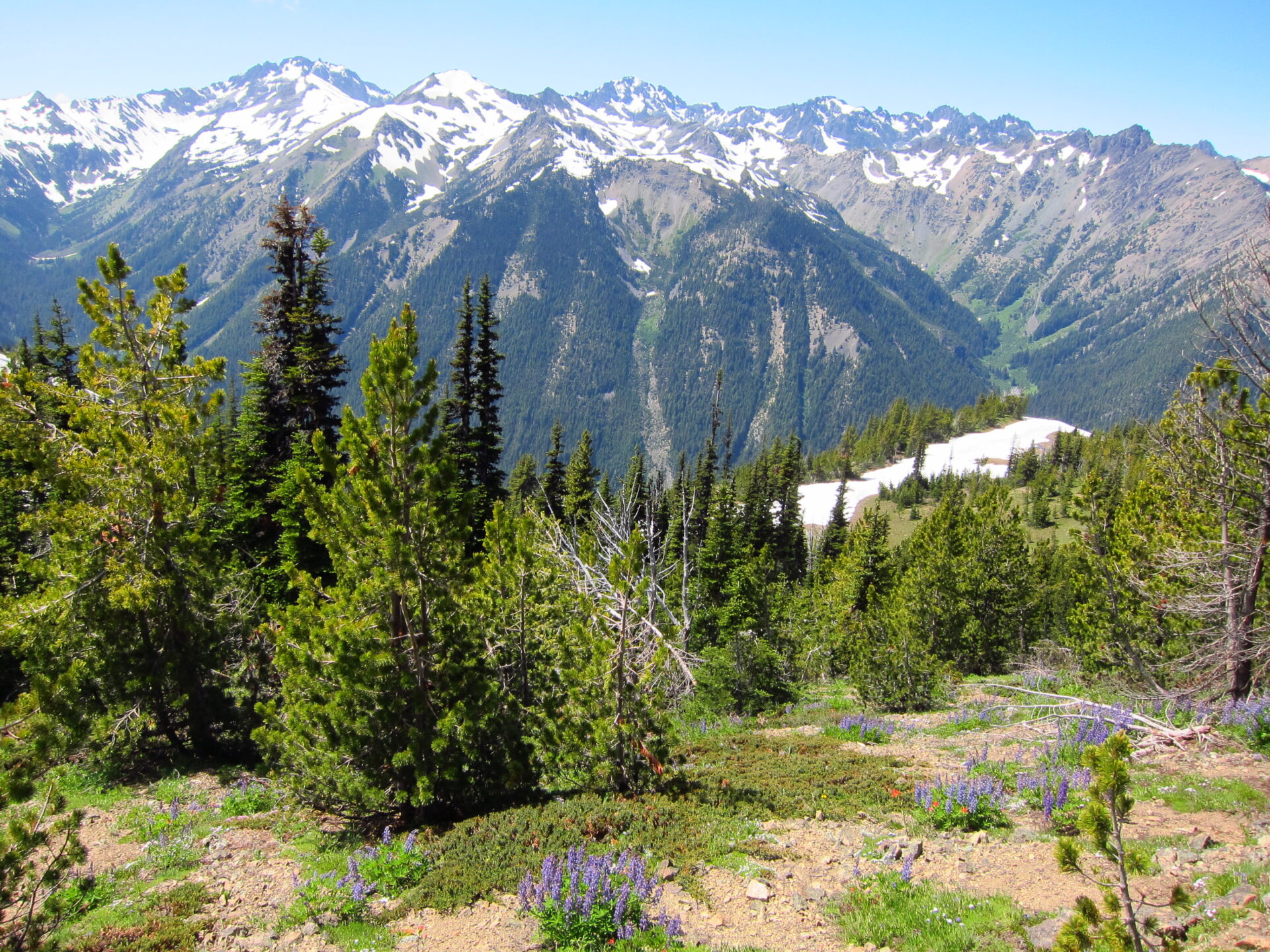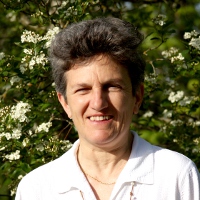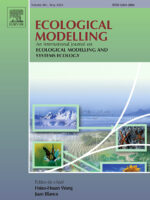Understanding and predicting effects of climate change on nature for food, water, recreation and much more in the Northwest.
Even in this high-tech era, humans in the Northwest rely on nature for food, water, recreation, and much more – what are often called “ecosystem services.” Environmental changes like habitat degradation and arrival of competitive invasive species, caused by climate change and landscape transformation, strain the delivery of ecosystem services and may be pushing many rare plants and animals toward disappearing. Those who manage a variety of ecosystem services, from urban water utilities to natural resource managers to farmers, are finding that the changes unfolding before them are a challenge to manage and are asking scientists what to expect in the future. As scientists strive to understand and predict effects of climate change on ecosystem services, a foundational piece of knowledge they require is how the climate, the water cycle, and the vegetation will change in the future. This project integrates, for the first time, state-of-the-science predictive modeling of these different attributes of the future environment in the Northwest, and will provide coherence and guidance for many scientific studies seeking to work out the details of how climate change will affect various plant and animal species and other aspects of ecosystem services.
Lead PI:Phil Mote
Funding from Department of Interior Northwest Climate Science Center





